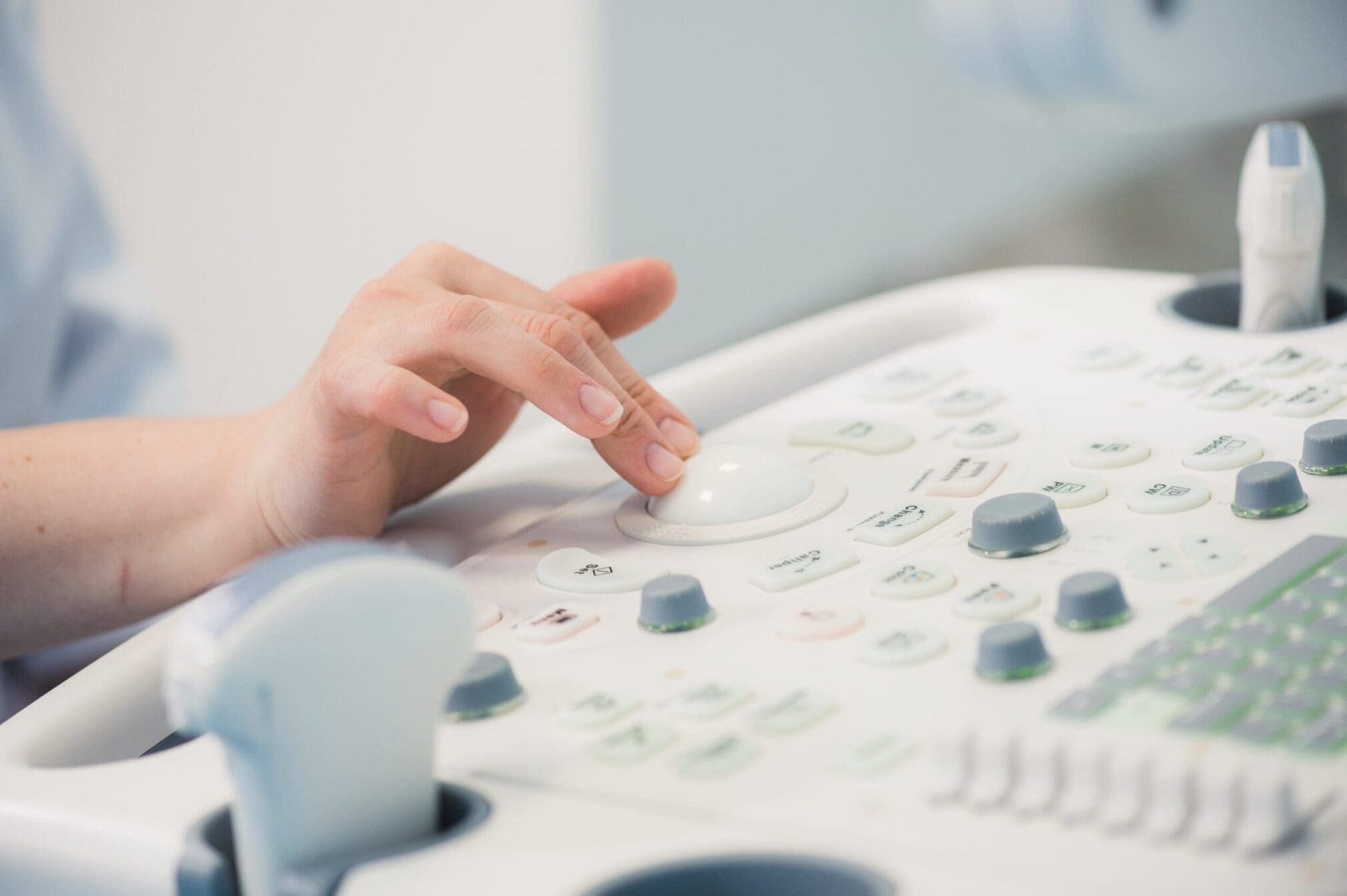Following the Health Security Committee’s Recommendations on a common framework for the use and validation of rapid antigen test and the mutual recognition of COVID-19 test results, on January 2021, the Member States unanimously decided to settle a common framework covering the utilization of rapid antigen tests and the mutual recognition of COVID-19 test results within the European Community. The Council recommendation brings into play 3 concrete deliverables that the Member States agreed upon.
- A common list of COVID-19 rapid antigen tests. Notwithstanding the Directive 98/79/EC on in-vitro diagnostic medical devices, this list includes COVID-19 rapid antigen tests regarded as appropriate for utilization in the circumstances described in point 6 of the Council Recommendation EU for a common EU testing approach, as well as in harmony with countries’ testing approaches. Additionally, the tests incorporated to the list should:
- Carry a CE Marking;
- Accomplish a minimum performance requirement of ≥ 90% sensitivity and ≥ 97% specificity;
- Have been confirmed by at least one Member State to be appropriate for its utilization in the circumstances of COVID-19, providing detailed information on the result and method used in such studies.
The list will be reviewed by the Member States on a regular basis when the Health Security Committee meetings take place, and it will also be updated, if needed, with new tests or new results from independent validation studies becoming available in the market.
2. Mutual recognition of rapid antigen test results. The Health Security Committee states that, in order to mutually recognize rapid antigen test results for public health measures, at least 3 Member States should be using it in practice. Based on this rationale, the Members states already agreed on some rapid antigen tests whose results will be mutually recognized – such list will also be assessed and updated by the Member States in the context of the review of the above-mentioned rapid antigen tests list.
3. Common standardized set of data COVID-19 certificates. The data set – which can be consulted in Annex II of the European Commission document regarding the referred common list – was adopted considering the eHeatlh Network’s guidelines regarding proof of vaccination on medical grounds. These guidelines lay out useful input concerning minimum data, which would make it possible to capture and structurally represent basic information promoting and sharing interpretation. Moreover, establishing such set of data will facilitate the standardization of COVID test results and vaccination, in case Member States wish to proceed accordingly. In line with the other deliverables, the Health Security Committee will update the common standardized set of data for COVID-19 test certificates whenever pertinent.
Strong testing strategies become crucial features of readiness and response to the COVID-19 pandemic, leading to a prompt detection of possible infectious people and giving clarity on infection estimations and transmission within the Member States. Furthermore, they allow limiting and suppressing a further spread of the virus though early isolation by adequation of contact tracing.
All in all, it is by having the Member States adopt a shared approach and develop an appropriate set of strategies that we can be prepared to cope with the extreme difficulties that will continue to appear in times of pandemic.
Leyre Carrasco Alonso – Regulatory Affairs Department
22/03/2021
Would you like to know more? Contact us today!
References:
- European Commission. (2021). EU health preparedness: A common list of COVID-19 rapid antigen tests, including those of which their test results are mutually recognized, and a common standardized set of data to be included in COVID-19 test result certificates. EC. Retrieved on 10/03/2021 from https://ec.europa.eu/health/sites/health/files/preparedness_response/docs/covid-19_rat_common-list_en.pdf
- Council on the European Union. (2021). Council Recommendation on a common framework for the use and validation of rapid antigen test and the mutual recognition of COVID-19 test results in the EU. Data Consilium. Retrieved on 12/03/2021 from https://data.consilium.europa.eu/doc/document/ST-5451-2021-INIT/en/pdf


